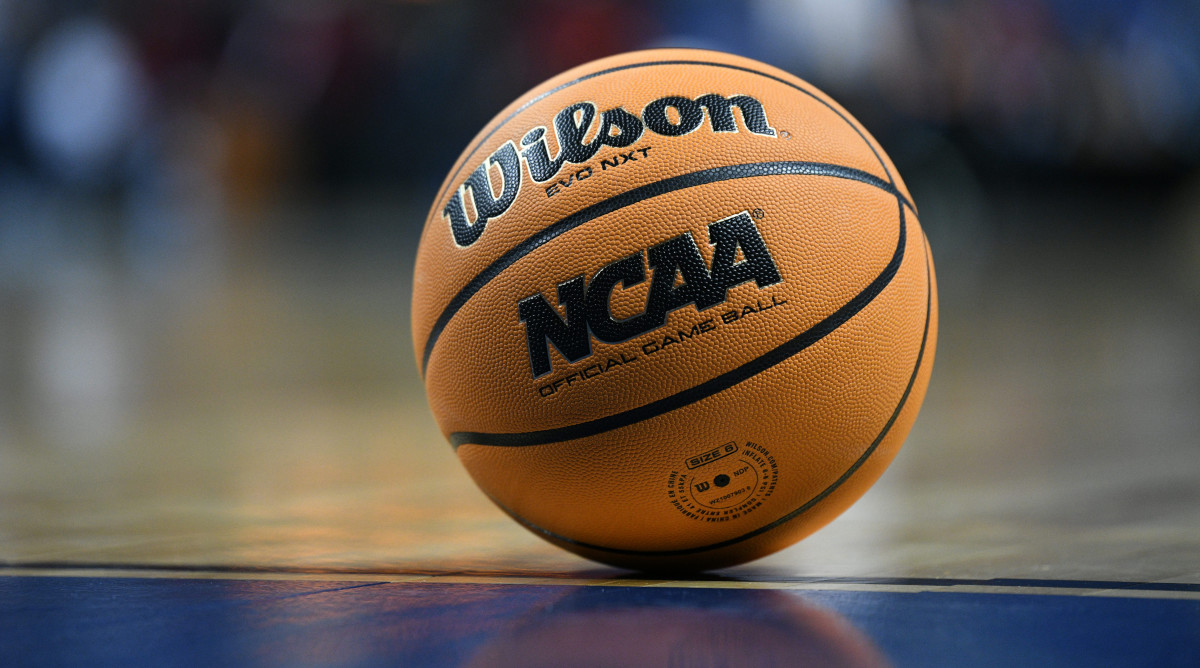Congress Introduces Bill to Investigate Gender Equity Within NCAA Operations
WASHINGTON, D.C. — The NCAA’s most celebrated weekend of the year, the Final Four, is coming with a wave of congressional movement.
Three Democratic House members are introducing a bill that would create a 16-member congressional commission to investigate gender equity within the NCAA’s operation of tournaments, championships and other programs that have both men’s and women’s divisions.
The Gender Equity in College Sports Commission Act calls for the commission to present a final report 12 to 18 months after establishment, along with policy recommendations the NCAA should adopt to promote equity between men’s and women’s programs as well as reforms Congress should consider to improve oversight of gender equity across the NCAA.
Reps. Carolyn B. Maloney (D., N.Y.), Jackie Speier (D., Calif.) and Mikie Sherrill (D., N.J.) authored the bill, which is the second piece of college-sports-focused legislation introduced in Congress this week. Two senators introduced a bill earlier this week to overhaul and provide oversight to the NCAA infractions process.
The bills are just the latest moves from lawmakers on Capitol Hill who are examining the inner workings of a billion-dollar college sports industry. A revolutionary time in college athletics, the industry is undergoing extreme change as a result of intense scrutiny over what many lawmakers call “gross injustices” toward unpaid college athletes.

The gender equity act is being introduced roughly a year after inequalities between the men’s and women’s basketball tournaments triggered outrage among college sports and U.S. leaders. Earlier this month, the three House members sent a letter to NCAA president Mark Emmert asserting the association has made “inadequate progress” in addressing the disparate treatment of men and women.
As part of the gender equity act, the commission’s report to Congress must include:
• A comparison of NCAA treatment of men’s and women’s teams in postseason tournaments and other student-athlete programs, including venues and equipment provided for games and practices; lodging and transportation; media contracts; licensees, sponsors, and other fulfillment partners who deliver essential elements of the tournaments; and overall budgets.
• An analysis of the NCAA’s constitution and policies that affect gender equity between men’s and women’s sports teams.
• An overview of federal government support for NCAA and recommendations for improved federal oversight of NCAA’s promotion of gender equity.
The bipartisan commission will be composed of members appointed by House and Senate leadership, with special consideration of individuals with experience or professional expertise in college sports, gender equity or Title IX compliance, and those who are former college athletes, coaches or athletics administrators.
“Despite last year’s scandal, the NCAA has made pathetic progress towards correcting the deeply misogynistic attitudes and treatment of the women’s teams compared to the men’s teams,” Speier said in a statement announcing the bill. “And this continues even after the NCAA was put on notice for its unjust treatment of women in at least four prior reviews over the last 30 years.”
Last year at the NCAA women’s tournament in San Antonio, women athletes took to social media to report differences between what men’s and women’s participants were being provided in terms of their weight room, gifts and meals.
In response to the debacle, the NCAA conducted an internal review and hired a law firm to evaluate and produce a report of the organization’s policies and practices related to gender equity. While the NCAA has satisfied some of the recommendations in the report—for instance, it has now branded both tournaments as “March Madness” as opposed to only the men’s event—the organization has failed to implement several other recommendations, the lawmakers found during an investigation of their own.
“For far too long, NCAA collegiate programs have sidelined gender equity for the sake of profit,” Maloney said in the statement. “NCAA basketball fans across the country witnessed firsthand the starkly unequal treatment between women’s and men’s athletic programs during last year’s NCAA tournament, and the Committee’s investigation has shown that NCAA leadership have not taken adequate steps to fix the problem.”
More College Sports Coverage:
• March Madness Faced a Gender Reckoning. Now Everyone Gets a Pasta Station—but What Else?
• Forty Years Ago an HBCU Played in First Women’s Final Four. Today the Program Is Gone.
• Power Ranking the Women’s Final Four Teams
